The Virtual Classroom Advantage: How Online Math Tutors Enhance Elementary Math Education
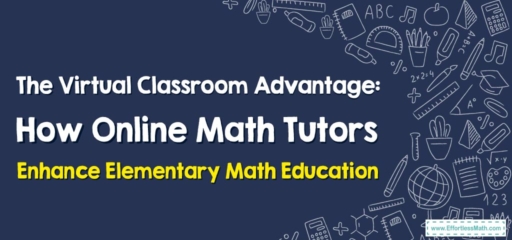
Introduction
In the world of education, technology continues to revolutionize the way we learn. With the advent of virtual classrooms and online learning platforms, students now have access to an array of educational resources, which was unimaginable just a few years ago. One of the approaches that has recently gained popularity is the services of an online math tutor.
Virtual math mentors offer engaging instruction, individualized support, and personalized learning experiences for elementary school students. This article will explore how an experienced online math tutor can enhance elementary math education and why they are valuable in today’s distance learning landscape.

The Rise of the Virtual Classroom and Its Benefits
Transitioning to remote education has presented challenges and opportunities for educators and students. However, one of the remarkable advantages of virtual classrooms is the ability to connect with expert tutors from anywhere in the world. Online math tutors have emerged as powerful agencies to bridge the learning gaps and ensure students receive quality instruction tailored to their needs.
Beyond the traditional classroom setting, online math tutors also play a role in math summer camps that have recently gained popularity. These camps offer a unique blend of fun and educational activities to prevent summer learning loss and keep students engaged during the break.
With the guidance of online math tutors, students can participate in interactive math challenges, engage in virtual math competitions, and explore real-world applications of mathematics. Virtual learning fosters a love for learning, encourages teamwork, and helps students build a strong foundation in math before starting a new school year.
The benefits of this transition to virtual math learning include the following:
Engaging Instruction for Active Learning
One of the primary advantages of studying with online math tutors is their ability to deliver engaging lessons. These tutors leverage educational technology to create interactive learning experiences that captivate students’ attention and foster active participation.
During virtual learning sessions, students can solve math problems on a shared whiteboard, engage in virtual manipulatives, and even play educational math games. This dynamic approach makes learning math enjoyable and encourages critical reflection and problem-solving.
Personalized Learning Experiences
Every student is unique, and their learning journeys should reflect that individuality. Online math tutors offer more up-and-personal support and a learning experience that considers each student’s strengths, weaknesses, and learning styles.
These tutors employ adaptive learning algorithms that dynamically adjust the difficulty and pace of instruction based on a student’s performance and progress. This approach ensures that students are continually challenged without feeling overwhelmed or held back. The ability to receive tailored instruction empowers students to build confidence in their mathematical abilities and achieve their full potential.
Access to Expertise
An online math tutor brings a wealth of expertise and specialized knowledge to the virtual classroom. They are highly trained professionals who deeply understand elementary math concepts and know effective teaching strategies. With their guidance, students can access high-quality instruction and benefit from the tutor’s extensive subject knowledge.
Flexible Scheduling
One of the significant advantages of online math tutoring is its flexibility in terms of scheduling. Traditional tutoring often requires coordinating with a tutor’s availability, which can be challenging for busy students and their parents. With online math tutors, sessions can be scheduled at convenient times, accommodating the needs of both the student and the family.
This flexibility ensures that students receive the support they need without sacrificing their other commitments. It also removes the pressure of the student being available at odd or inconvenient hours for lessons, which can affect their concentration levels.
Instant Feedback and Assessment
Online math tutors can provide instant feedback to students, which is crucial for their learning progress. Through the virtual classroom, tutors can observe students’ problem-solving processes in real-time, identify misconceptions, and provide immediate guidance.
This immediate feedback helps students correct mistakes, reinforces their understanding of mathematical concepts, and promotes continuous improvement.
Engaging Multimedia Resources
Distance-learning tutors often incorporate a variety of multimedia resources into their instruction to make learning math unique. They may use videos, animations, online simulations, and other digital tools to illustrate math concepts and provide visual representations.
These resources make abstract concepts more tangible and help students better understand mathematical ideas. They also make the learning process more interactive and enjoyable for the students, increasing their interest in math and making them likelier to study independently after the lessons.
Progress Monitoring and Tracking
With the help of educational technology, online math tutors can monitor and track students’ progress effectively. Through online platforms, tutors can assess students’ performance, track their improvement over time, and identify areas that require further attention. And in the era where data is fast becoming the new digital currency, this approach has so much potential for advancing the educational sector.
This data-driven approach enables tutors to customize their instruction and provide targeted interventions based on the specific needs of each student.
Increased Confidence and Motivation
Virtual classrooms create a supportive and encouraging learning environment that fosters students’ confidence and motivation. By providing individualized support and positive reinforcement, tutors help students develop a positive attitude toward math and build their self-esteem. Increased confidence leads to a willingness to take risks, ask questions, and actively engage in learning.
Parent Involvement and Communication
When students don’t have to go into a physical classroom, their tutors often compensate for this lack of physical contact by amping up their communication and collaboration with the students and their parents. Math tutors provide progress reports, share feedback, and discuss strategies for supporting students’ learning at home.
The open line of communication allows parents to stay informed about their child’s progress, actively participate in their education, and reinforce concepts learned during tutoring sessions.
Preparation for Advanced Math Concepts
Online math tutors not only focus on the current grade-level curriculum but also help students develop a strong foundation in math skills that will prepare them for more advanced concepts in the future.
The goal isn’t to pass exams only as many classroom teachers focus on. Instead, these tutors want kids to grow in their math journey. By building a solid understanding of fundamental mathematical principles, students are better equipped to tackle more complex topics as they progress through their education.

In Summary: Embrace the Virtual Classroom
As we learn the benefits of the virtual classroom, it is clear that online math tutors have a significant role to play in enhancing elementary math education. Their ability to deliver engaging instruction, provide individualized support, and offer personalized learning experiences ensures that students receive the best possible math education, even in remote settings.
The role of online math tutors extends beyond the traditional classroom, with math summer camps providing a fun and educational adventure during the break. As we continue to navigate the landscape of remote education, let us embrace the virtual classroom, expecting it to lead to improved math outcomes and a brighter future for our young learners.
Related to This Article
More math articles
- Top 5 Free Websites for OAR Math Preparation
- How to Find the Equation of a Regression Line and Interpret Regression Lines
- GED Math Practice Test Questions
- 5th Grade Ohio’s State Tests Math Worksheets: FREE & Printable
- How maths helps in everyday life
- 12 Tools Math Students Love When It Comes to Essay Writing
- Full-Length 6th Grade PARCC Math Practice Test
- Full-Length 7th Grade ACT Aspire Math Practice Test-Answers and Explanations
- 5th Grade PEAKS Math Worksheets: FREE & Printable
- The Ultimate NDSA Algebra 1 Course (+FREE Worksheets)
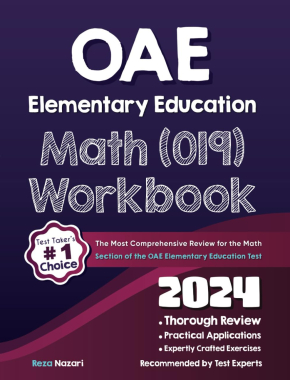
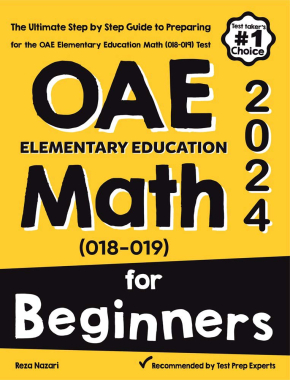
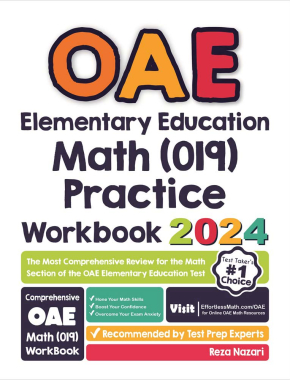
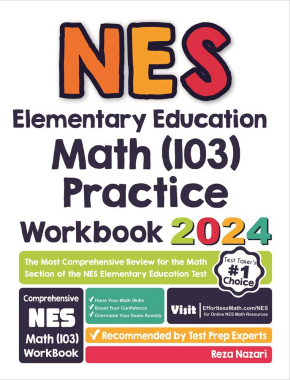
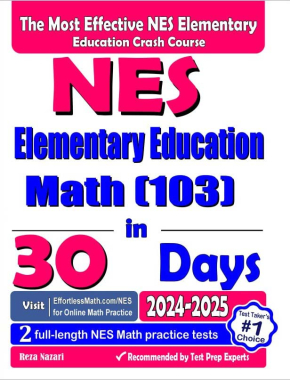
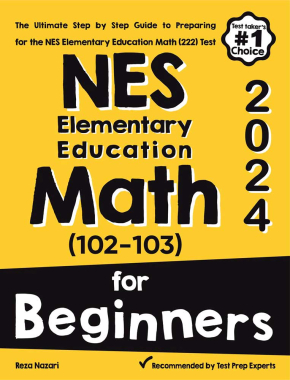

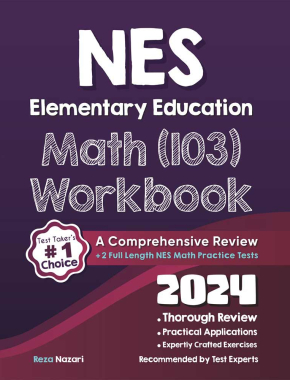

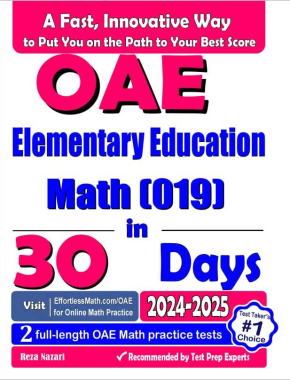

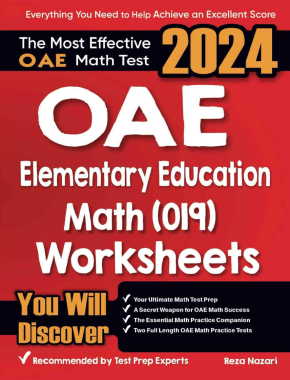
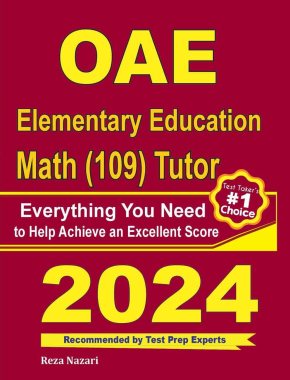
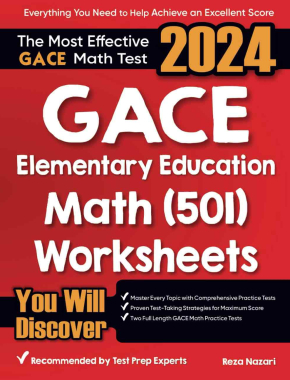
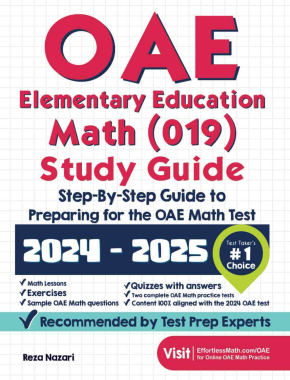



What people say about "The Virtual Classroom Advantage: How Online Math Tutors Enhance Elementary Math Education - Effortless Math: We Help Students Learn to LOVE Mathematics"?
No one replied yet.